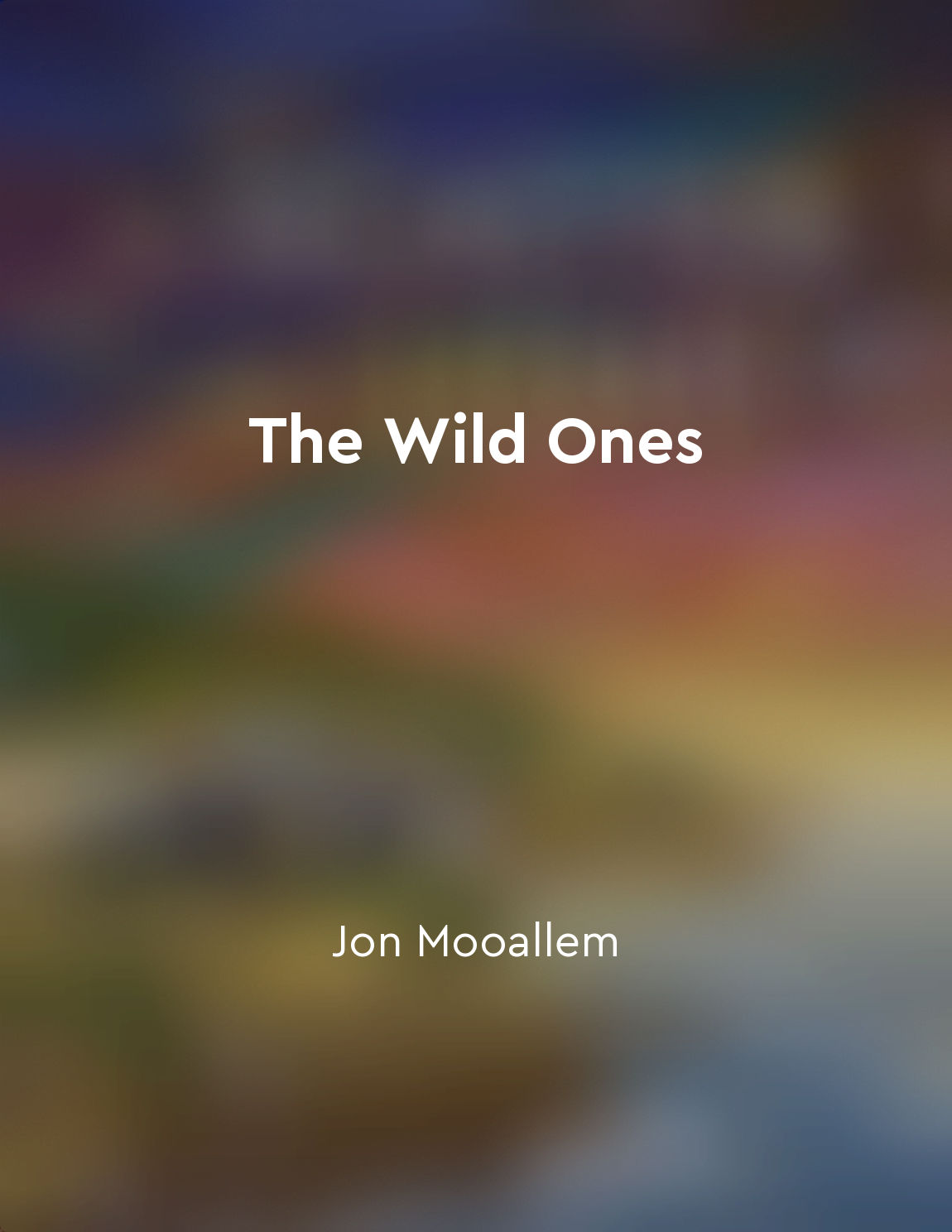Molting from "summary" of BEAUTIFUL SWIMMERS by WILLIAM W. WARNER
"Molting is the crab's means of growth and renewal. It is a process that all crabs must undergo throughout their lives, shedding their outer shell in order to make room for new growth. This shedding of the shell, or exoskeleton, is a necessary and transformative process, allowing the crab to grow larger and develop new tissues. The process of molting is a vulnerable time for the crab, as they are left soft and unprotected until their new shell hardens. During molting, the crab's body secretes enzymes that soften the old shell, allowing it to be shed. The crab then wriggles out of its old shell, leaving behind a perfect replica of its former self. Once free of the old shell, the crab is left in a delicate state, with its new shell still soft and pliable. It is during this time that the crab must retreat to a safe place, away from predators, to allow its new shell to harden. The frequency of molting varies among different species of crabs, with some molting more frequently than others. Young crabs may molt several times a year, while older crabs may only molt once a year. The process of molting is a crucial aspect of a crab's life cycle, allowing them to grow, regenerate lost limbs, and reproduce. Molting is a natural and necessary process for crabs, allowing them to continue growing and thriving in their environment. It is a process that requires patience, vulnerability, and resilience on the part of the crab. Through molting, the crab is able to shed its old self and emerge renewed, ready to face the challenges of its environment with a fresh perspective and a strengthened shell."Similar Posts

The circulatory system transports nutrients and wastes
The circulatory system plays a vital role in the body by transporting essential nutrients and removing waste products. This sys...
The author advocates for greater respect and understanding of octopuses
Sy Montgomery makes a compelling case for a shift in our attitudes towards octopuses. Through her vivid descriptions and person...
Octopuses are capable of learning and remembering
Octopuses are capable of learning and remembering. They are not just instinct-driven creatures; they possess intelligence. They...
Evolutionary theory is compatible with religious beliefs
Evolutionary theory is compatible with religious beliefs to the extent that it doesn't necessarily deny the existence of a divi...

The fragile balance between humans and wild animals
In our modern world, the relationship between humans and wild animals is a delicate one, constantly teetering on the edge of im...
The author delves into the mysteries of octopus behavior
Venturing into the depths of the ocean, one cannot help but be drawn to the mysterious and enigmatic creatures that inhabit thi...
Gradualism and punctuated equilibrium are modes of evolutionary change
Gradualism and punctuated equilibrium represent two contrasting modes of evolutionary change. Gradualism posits that evolution ...
Life and death are intertwined in the fabric of nature
Life and death are not separate entities in nature; rather, they are deeply intertwined, forming a complex and interconnected w...

Life cycle
In the tangled and mysterious world of the blue crab, the concept of life cycle is a fundamental aspect that governs the very e...
Understanding evolution enhances our appreciation of biodiversity
To comprehend the concept of biodiversity fully, we must appreciate the long and intricate history of life on Earth. Evolution ...
